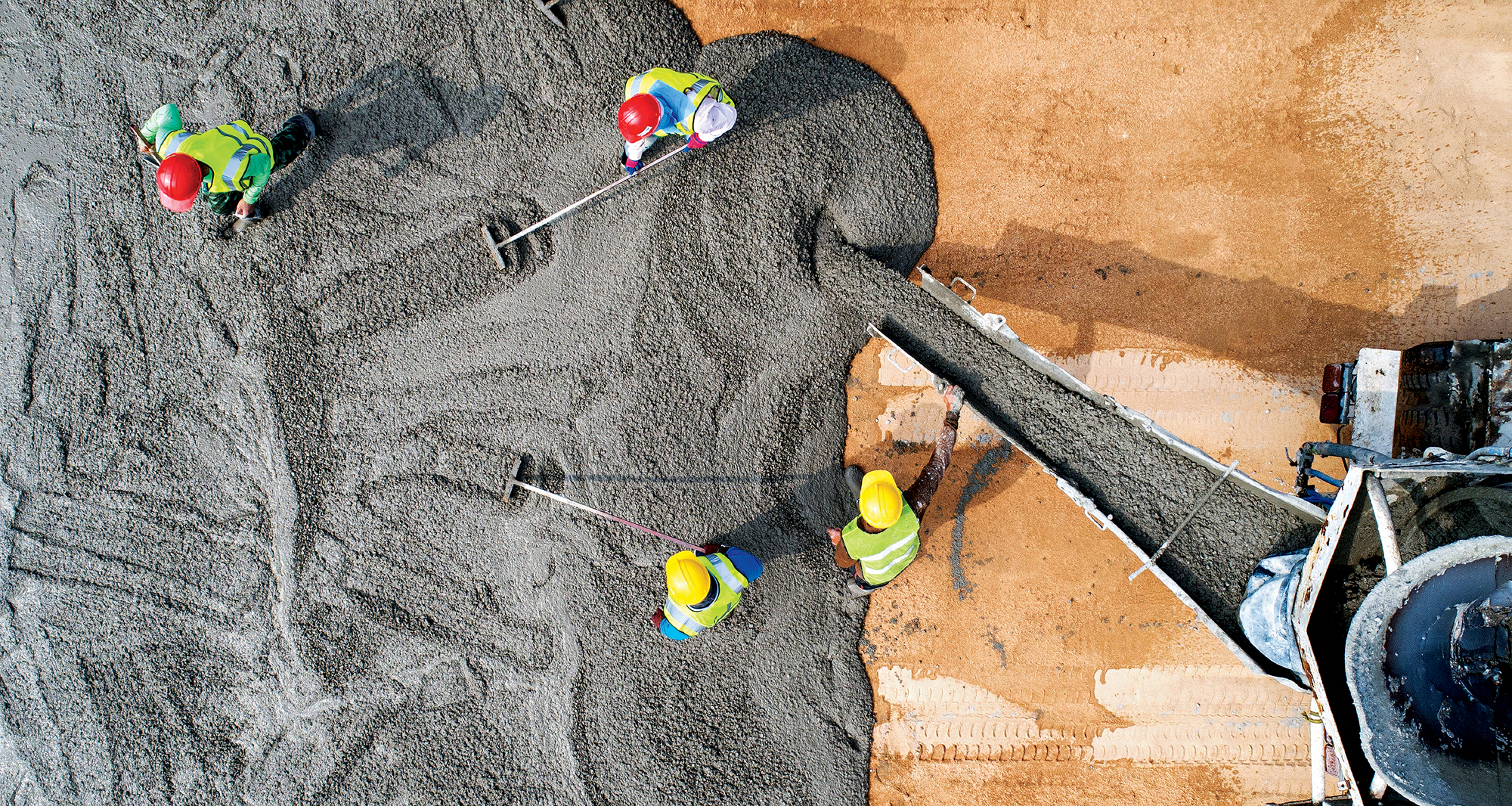Unveiling the Eco-Friendly Advantages of Making Use Of Recycled Concrete in Lasting Construction Practices
In the realm of lasting building practices, the use of recycled concrete stands as a critical yet typically undervalued source. Beyond its standard applications, recycled concrete deals a myriad of eco-friendly benefits that extend much beyond the boundaries of typical construction products.
Environmental Benefits
By including recycled concrete into construction methods, there is a considerable reduction in the requirement for brand-new raw products, leading to conservation of all-natural resources. Furthermore, the use of recycled concrete lessens the amount of waste being sent out to garbage dumps, therefore lowering ecological pollution and reducing the pressure on garbage dump abilities (Concrete).

Additionally, the production of standard concrete is a substantial resource of carbon discharges due to the energy-intensive process of cement manufacturing. In contrast, recycled concrete has a reduced carbon impact as it decreases the demand for brand-new concrete production. This decline in carbon exhausts adds to mitigating environment adjustment and supports sustainable construction techniques. Overall, the environmental advantages of using recycled concrete are significant and play a vital function in advertising eco-friendly building approaches.
Cost-Efficiency
Achieving cost-efficiency is a paramount factor to consider when examining the application of recycled concrete in building projects. One of the essential advantages of making use of recycled concrete is its cost-effectiveness compared to typical concrete.
Moreover, using recycled concrete can bring about cost savings in land fill prices by diverting concrete waste from disposal sites. This not just lowers the ecological influence but also removes the expenses associated with waste elimination. The durability and performance of recycled concrete are equivalent to conventional concrete, guaranteeing that cost savings do not compromise the top quality of the building and construction.
Resilience and Strength
Considering the significant cost-efficiency benefits of utilizing recycled concrete, it is essential to examine its resilience and toughness in building and construction applications. Recycled concrete deals similar, if not superior, durability and toughness homes to conventional concrete. Through advancements in handling techniques and top quality control, recycled concrete can fulfill or go beyond the efficiency criteria of traditional concrete. The process of recycling concrete involves squashing, sorting, and evaluating old concrete to produce accumulations that can be utilized in new building and construction jobs. These recycled accumulations can providing satisfactory compressive stamina, longevity, and lasting performance.

Waste Decrease
Reliable waste decrease techniques play a vital role in the sustainable use of sources within the building industry. Waste decrease is an essential advantage that contributes considerably to environmental preservation when it comes to utilizing recycled concrete. Standard construction techniques usually create significant quantities of waste, specifically in the kind of concrete this content debris from demolition websites. By integrating recycled concrete into construction tasks, this waste is repurposed and diverted from landfills, reducing the overall ecological influence of building and construction activities.
In addition, the usage of recycled concrete can lead to set you back financial savings for building projects, as it is typically extra inexpensive than sourcing and transporting brand-new products - Concrete. In final thought, waste reduction through the use of recycled concrete is an important component of lasting building and construction methods that profits both the building and the setting sector as a whole.
Energy Conservation
When it comes to using recycled concrete in building and construction, significant energy cost savings are achieved contrasted to traditional concrete production. The process of generating recycled concrete involves recycling and crushing existing concrete materials, which takes in less power than mining, processing, and carrying raw materials for new concrete production.
Verdict
Finally, the application of recycled concrete in lasting building and construction methods offers many environmental benefits, cost-efficiency, resilience, stamina, waste decrease, and energy conservation. By integrating recycled concrete into construction projects, we can contribute to an extra ecologically friendly and lasting future. It is crucial for the building and construction market to prioritize using recycled materials to help decrease the environmental effect of look at this website construction tasks.
One of the essential benefits of making use of recycled concrete is its cost-effectiveness contrasted to traditional concrete.In addition, the use of recycled concrete can lead to cost savings in garbage dump expenses by diverting concrete waste from disposal websites. The sturdiness and efficiency of recycled concrete are similar to conventional concrete, ensuring that price savings do not compromise the high quality of the building.
